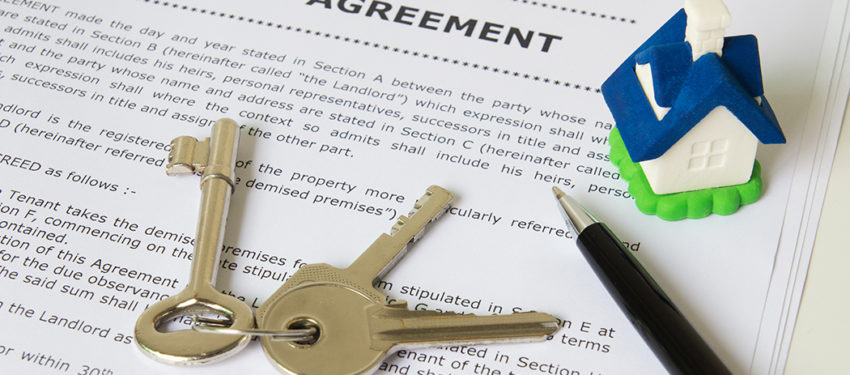Landlord-Tenant Disputes
In New Jersey, there are several laws governing various aspects of the landlord-tenant relationship. From security deposits to evictions to abandoned property, it is important that both landlords and tenants clearly understand their rights and obligations under the relevant provisions of the law. Based in New Brunswick, NJ, the Law Office of Craig Rothenberg is experienced in landlord-tenant laws and other real estate issues.
For our landlord clients, we provide “soup to nuts” services from the first step in the creation of the landlord-tenant relationship, i.e., preparing the lease agreement, to the final step in lawfully removing the tenant and his or her property from the premises.
Read more: COVID-19 Landlord Tenant Issues in New Jersey
Grounds for Eviction in New Jersey
New Jersey’s Anti-Eviction Act strictly prohibits “self-help evictions,” which are situations in which a landlord changes the locks, shuts off utilities, or otherwise prevents the tenant from entering or living in the premises. Landlords are required to adhere to the legal process when attempting to evict a tenant and take possession of their own property. The Act sets forth different grounds for eviction, including:
- Failure to pay rent
- Habitual late payment of rent
- Violation of the terms of the lease (for example, smoking or pets)
- Disorderly conduct
- Damaged or destroyed property
- Drug or other criminal charge convictions
The Act sets forth the process for eviction based on each ground. For example, in a non-payment of rent case, the landlord is not required to provide the tenant with any prior written notice before filing the complaint for eviction. But if the landlord is seeking to evict based on the tenant’s violation of some other term in the lease (i.e., pets, smoking, disturbances), then certain notices are required as a prerequisite to filing the complaint. If the landlord fails to follow the procedures set forth in the Act, the landlord’s complaint may be subject to dismissal. The Act can be confusing to the average reader so it is critical that your attorney understands the many nuances contained therein. The
Off-Campus Evictions for NJ College Students
It is important to remember that college students living in off-campus housing at Rutgers University, or surrounding Middlesex County towns such as Highland Park, Edison, Piscataway, or any other school have the same rights as other tenants when it comes to evictions. Landlords must abide by the same laws and follow the same procedures when attempting to evict a college student as they would with any other tenant.
Security Deposits
In New Jersey, the Security Deposit Law limits how much a landlord can charge for a security deposit. This amount is one and one-half month’s rent. The Security Deposit Law further provides that a landlord must return the security deposit or provide notice of intent to use the security deposit within 30 days of when the tenant vacates.
Parties in landlord-tenant disputes frequently misunderstand their rights and obligations concerning the maintenance and return of a tenant’s security deposit. A landlord’s failure to properly place a security deposit in a trust account or return the deposit within 30 days after termination of a tenancy may subject the landlord to double damages and attorneys’ fees.
Contact A New Brunswick, NJ Landlord Tenant Lawyer Today
If you are a landlord who has issues with a tenant or you are a tenant who believes that your rights have been violated, please contact the Law Office of Craig Rothenberg in New Brunswick, NJ, today to discuss. Craig Rothenberg is an experienced landlord-tenant attorney who will fight to make sure you are complying with the pertinent laws and/or that your rights have not been violated in contravention thereof.
